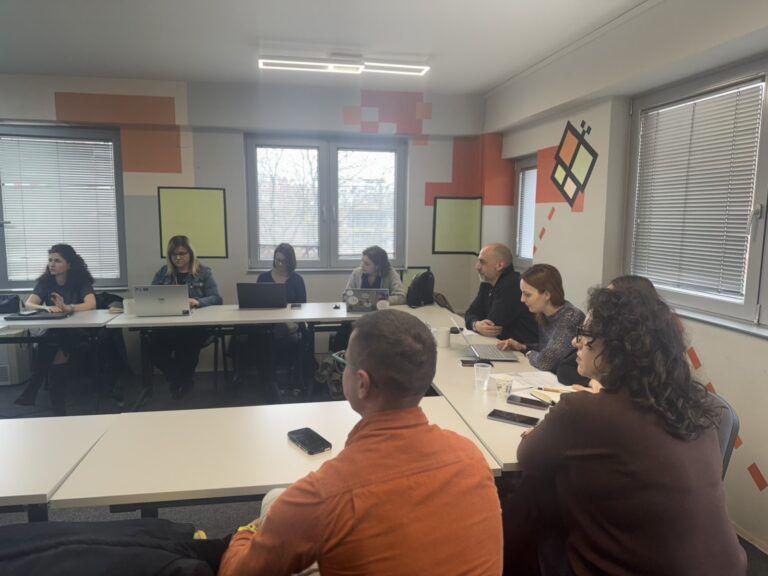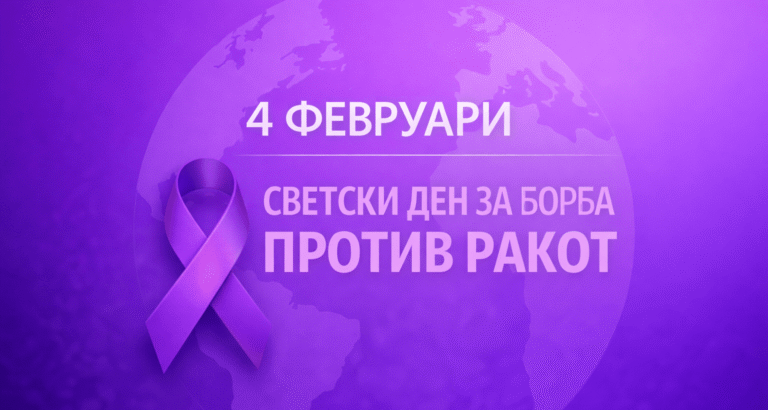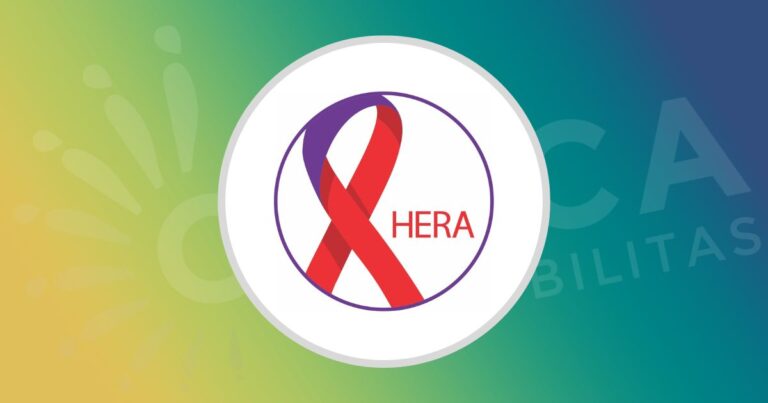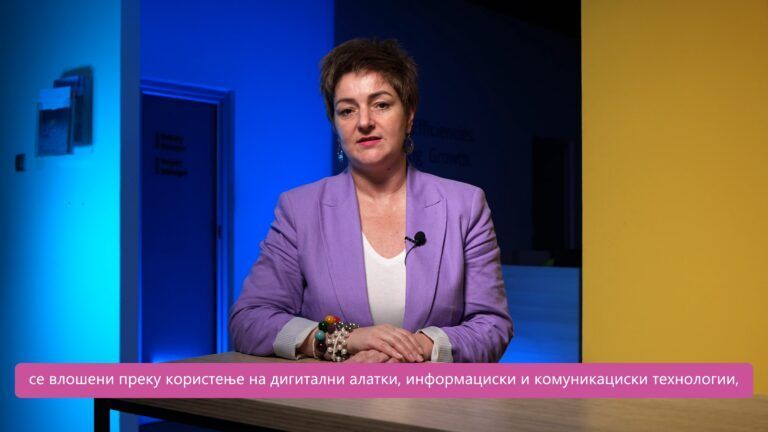Water utility companies in North Macedonia: challenges and performance improvement
Author: Dr Eng. Mohamed Sameh
Water services are essential services. They support the sustainable development of our societies and are fundamental for realising the ambition of the EU Green Deal and the UN Sustainable Development Goals. Every drop of water count and efficient integrated water management is a challenge all over the world. Over the last two decades urbanization and economic growth have been on the rise, except for the COVID-19 crisis period, and with them an increased pressure on water abstraction, the water supply network, rising wastewater and significant needs for investing in wastewater treatment and water re-use.
While progress has been achieved in multiple areas, with full support from the EU and Member States bilateral aid agencies, North Macedonia has yet an ambitious way to go. Only 15% of the country is covered with mechanical and biological wastewater treatment plants and major cities continue to discharge untreated wastewater directly into the environment. Furthermore, despite EU-supported studies and the efforts to establish an economic instrument for effective and affordable cost recovery in the water sector, the country continues to have some of the lowest water tariffs in Europe and real challenges concerning the sustainability of the water supply, collection and treatment system. In 2019, the European Bank for Reconstruction and Development (EBRD) noted in its diagnostic study on North Macedonia that the “water and wastewater infrastructure is aged and in poor condition and needs urgent reconstruction and replacement. The efficiency of public water and sanitation service providers is a serious issue with nonrevenue water levels at 63%, due to both commercial and technical losses.” The significantly high level of non-revenue water was also underlined in the recommendation of the European Commission in the Progress Report 2021.
Attracting investments in the construction, rehabilitation, maintenance, and operation, and improving the efficiency and quality of the water services are fundamental for enhancing economic growth while conserving the water resources for the country’s present and future.
Water Utilities and the weak chain!
Water utilities play an important role in our modern societies and economies. Cities, towns and municipalities are the centres of human activities. Functioning water utilities are sought to be the efficient instrument for providing drinking water supply and wastewater services to the residents and businesses in their mandated areas. But what makes a water utility efficient? How would anyone one of us think of such “efficiency” when we come to understand that almost 50-70% of the water that those same utilities may pump into their network is lost on the way to the customers?
To have an idea of the magnitude of the poor performance and the potential for improvement, we may consider a comparison with peer realities. The measurements in the distribution networks in towns like Benthuizen and Diemen-Noord in the Netherlands already in 2008 resulted in identifying leakage levels as low as 2 % while water losses in the City of Amsterdam water supply network is estimated around to 5%. Even if the Netherlands, as one of the best performers in Planet Earth, might be an outlier, ranges of 10-30% of losses in the urban water networks are frequent findings in the EU.
In brief, losses could be cut by half in North Macedonia if the political will at both the central and local levels are serious about it. Political will and prioritization of the citizens’ water needs are clearly the key issues at stake. Are they lacking in North Macedonia? Or perhaps lost in translation among the multiple interests of the sakeholders, be they political, institutional or personal?
In many countries around the globe, public water utilities commonly see their strategy, business planning and human resources recruitment highly influenced by the political agenda of their municipalities administration, away from efficiency, growth incentives and customer service orientation. This is frequently carried out on the cost of the State, Region or Municipal balance sheet.
A quick look at te structure of those public utility companies (PUC) for water and wastewater one should not be surprised to be confronted with their institutional organization, modus operandi, type of skills available and level of innovation. Typically, the number of employees in such PUCs is inflated with very little measurement or benchmarking of productivity if not none. They usually fall to rejuvenate their working force and are among the least attractive working environments for the best technical young graduates in the country. Their management matrix of skills hardly matches more than the political mandate of the communal administration. It is a sad vicious cycle where an inefficient and highly politicized water utility loses its credibility perception in the eyes of its customers. With the poor service and already distorted public image, there will be lower willingness to pay, low tariffs, limited cost recovery, lack of reinvestment and high-water losses. Lower revenues make it impossible for the PUC to consider mobilizing more funds for investing in wastewater treatment and expose the utility to risks of non-compliance with the environmental regulatory framework. It may even in the worst-case render the regulatory framework nothing more than a theoretical list of wishes everyone in the country believes impossible to respect. It is mandatory to avoid this cycle or go out it wherever and whenever it materializes if North Macedonia is to succeed to align with the EU environmental acquis.
Using the DANUBIS.org database to view the utility performance scorecard, the potential for improvement is clear. It is important of course to consider that the database might be too old from 2014 or 2016 and many improvements could have been carried out by the PUC in the meanwhile. The overall performance is established by comparing the utility’s situation for 10 key indicators measuring service coverage, quality, efficiency and financial sustainability, against regional best practices. The utility scorecard for Skopje Municipal Water and Wastewater Company Vodovod 2016 shows relatively poor overall performance and low overall service changes compared to similar benchmark companies. The Benchmarking exercise included, among others, water and sewerage coverage, wastewater treatment, non-revenue water, and operating cost coverage. The latter two aspects score particularly low. The pattern is specific to Skopje. Marjan Nikolov from the Center for Economic Analysis in his appraisal of the Negotino Municipality Reconstruction of water supply system project indicated that from the 2,433,168 m3 of produced water in 2013, 1,446,883 m3 are losses. This is approximately 60%. The same applies to Ohrid joint public enterprise for water supply and sewerage “Proaqua”. Non-revenue water, operating cost coverage and wastewater are repeated areas of serious concern.
Can Private Sector Participation Help?
Can private sector participation help improve water utilities performance? Can the private sector bring an added value to water supply infrastructure management? This is an old question for which the available literature provides extensive analysis. Already in 2007, the “OECD council approved the OECD Principles for Private Sector Participation in Infrastructure to help governments work with private sector partners to finance and bring to fruition projects in areas of vital economic importance, such as transport, water and power supply and telecommunications. These included 24 principles covering how public authorities should decide on involving the private sector, the need for a modern institutional organization to be in place, the setting of goals and strategies, allocation of responsibilities, due diligence and accountability, among others. Two years later, recognizing the distinctive nature of water and wastewater services and related infrastructure, the OECD published in 2009 its checklist for public action: Private Sector Participation in Water Infrastructure.
Twelve years later the debate is still ongoing. While water is both a private good and a public good, any discussion about cost recovery and private participation is highly instrumentalized politically. The debate would normally include how tariffs should be set and how they could attract investment in water infrastructure. If private sector participation is already a sensitive issue, water tariffs are even a more emotional issue.
To align with the EU Environmental Acquis North Macedonia will need to invest heavily for the implementation of the Urban Wastewater Treatment Directive (UWWTD). The latter is significantly affected by article 9 of the Directive 2000/60/EC establishing a framework for the Community action in the field of water policy. The UWWTD requires the water pricing policy to follow the principle of recovery costs of water services. Influenced by the Dutch water management systems, Giel Verbeeck, while carrying out the EU-supported Development of National Water Tariff Study in North Macedonia, came to the conclusion that “tariff alone cannot address the financial and environmental challenge: a redesigned water abstraction charge may provide strong incentives to reduce Non-Revenue Water in the entire water sector, a redesigned water pollution charge may provide the required co-financing needs, and voluntary agreements can support the development of an improved sector structure.”
Private sector participation in the provision of municipal services, and in particular water supply and wastewater treatment-related services, may bring the necessary business and customer-oriented culture. The positive examples are multiple but bad experiences are also multiple. An independent regulatory authority set up the right incentives, an adequate tariffication system that respects both the principle of cost recovery and affordability, a transparent competitive landscape and a well-defined Service Agreement between the PUC and the municipality are all, but some, of the conditionalities for the benefits to materialize.
In any case, however, the cure can anticipate the symptoms diagnosis. Benchmarking the performance of the water utilities is fundamental for a serious country to upgrade its water management system. As Peter Drucker, a modern business management pioneer, says “What is not measured can hardly be managed nor improved”. In a rapidly changing world and continuously evolving water technologies and innovative management tools, there is a real need for institutionalizing the best practices in Financial and Operational Performance Benchmarking and Improvement in the water utilities in North Macedonia. While these are often a requirement by the international and bilateral funding agencies to ensure the sustainability of the Macedonian beneficiaries, their impact on the cultural transformation of the water utilities should not be under-estimated. Based on the diagnosis of the PUC an action plan could focus on priority institutional building areas and the way forward. It is, therefore, of utmost importance that an adequate regulatory framework is in place and the independence of the regulatory authority is truly safeguarded. Policymakers need to shift their focus to support the cultural transformation of water utilities. They need to be in a position not only to attract investments but to set the conditions for attracting the best available technical resources in North Macedonia for a new generation of water engineers, economists, IT experts, customer relations and financial managers. Without these, any investment in mere infrastructure would hardly contribute alone to the sustainability of the water supply in North Macedonia.
Dr Eng. Mohamed Sameh is a civil engineer with a specialisation in hydraulic structures. He earned his Master’s in Economics from the College of Europe in Bruges in Belgium and his PhD in Industrial Engineering from the University of Perugia in Italy. He has worked for multiple international consulting firms before joining the European Investment Bank for four years from 2014 to 2018. He currently acts as an independent technical advisor for multiple European projects in the Western Balkans.
This blog is prepared by the European Policy Institute (EPI) as part of the campaign “Clear it all”, implemented by the Institute for communication studies, financed by the British Embassy in Skopje.





![[Aggregator] Downloaded image for imported item #44220](https://civicamobilitas.mk/wp-content/uploads/2026/02/preotesti-bitola-resen-1.jpg)


